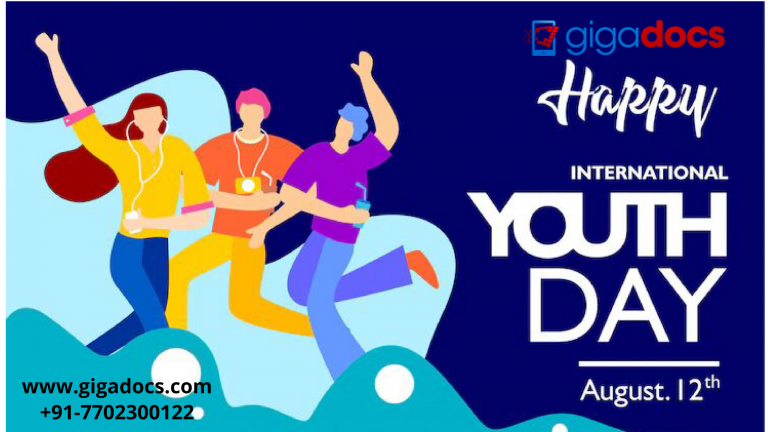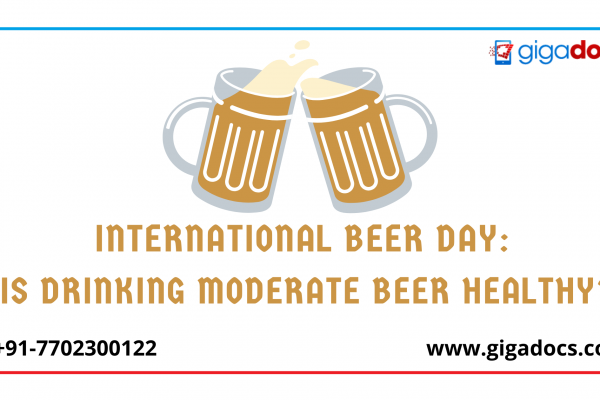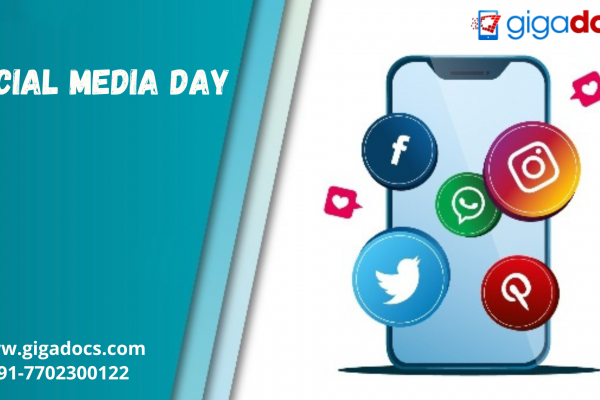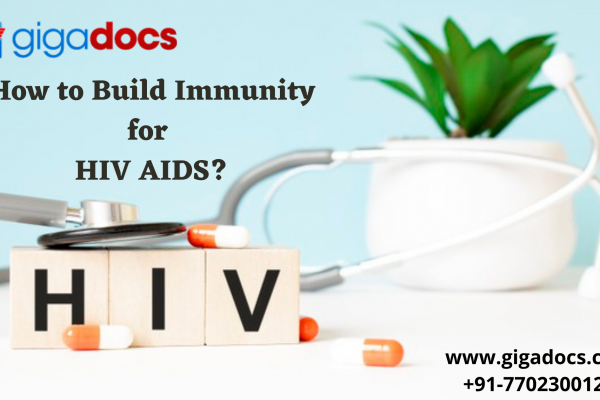Youth are the most vital and active segment of any country’s population. More than half of India’s population is under 25 and more than 65% under 35. Youngsters of today are better well-versed with years of schooling compared to their parents or grandparents. Nonetheless, despite having completed an unprecedented number of years of formal education, young people face job market challenges. Consequently, governments are concerned about the misalignment between what societies and economies require and what education systems offer.
The coexistence of unemployed university graduates and employers who claim they cannot find people with the needed skills demonstrates that simply completing a degree program does not guarantee better jobs or lives.
How does Peer Pressure affect the youth?
Peers significantly impact an adolescent’s social and emotional development. Their influence begins at a young age and continues to grow throughout adolescence. As children grow and mature, it is natural, healthy, and essential for them to have and rely on friends.
Social acceptance stands as one of the most important developmental milestones for teenagers. They want to be accepted and a part of the “it” crowd. They want to be popular or “cool” like these kids and gain recognition, which may harm their mental health in the long run.
Peer pressure and Mental health
Positive peer pressure motivates youth to perform better and achieve their goals. They also assist young people in becoming more organized and efficient in their responsibilities. Positive peer pressure makes young people feel respected, loved, and valued positively.
Negative peer pressure, on the other hand, has the opposite effect. Negative peer pressure forces young people to do things they do not want. They lower self-esteem and self-righteousness. Engaging in negative peer pressure for an extended period can lead to mental health issues such as depression, anxiety, and trauma.
How Can Teens Handle Peer Pressure?
- Given the effects that peer pressure can have on adolescents and teenagers, parents must encourage open communication and assist their youths in preparing for situations involving negative peer pressure. Check out these pointers to help teens avoid negative peer pressure and respond healthily.
- From a young age, foster an environment of open communication with your child. Look for opportunities to ask your child about any pressure they have seen or experienced and how it affected them. As relevant, share your experiences with peer pressure and how you dealt with it.
- 3. Teach your child how to communicate assertively and set boundaries. Ask them to consider what they would say in a negative situation and to practice saying no in various ways.
- Create a plan and a backup plan with your child for dealing with negative peer pressure. Allow them to make an excuse if unsure what to do and assist them in brainstorming creative ways to get out of an uncomfortable situation.
- Make an effort to become acquainted with your child’s friends and parents. Encourage your child to invite friends to get to know them if possible.
- Encourage your child to seek out positive relationships and friends who respect them and do not put them under undue pressure.
- Teach your child to trust their instincts. Let them know it’s okay if they can’t please everyone.
International Youth Day
This Youth Awareness Day (August 12) explores how difficult it is for today’s youth to find a career goal, how the internet and peer pressure influence it, and how it affects a youth’s mental health. Let us go over everything in detail-
Youth and Mental Health
Curiosity, imagination, empathy, entrepreneurship, and resilience are all required of the next generation of citizens. They need confidence and determination to find work and manage their careers in new ways.
For young people, developing an emotionally healthy mindset necessitates a balance of optimism, trust in others, and the ability to stay present in difficult or complex situations. Healthy mindsets are often associated with a sense of hope, which allows a child to envision a specific type of future. When a child has a career-oriented perspective, it has both positive and negative consequences for their mental health.
Adolescence and young adulthood are critical periods in developing good mental health. It is a time of neuro-biological change, and some argue that anxiety and depression, which cause structural changes in the brain, may result in permanent vulnerabilities. Youth unemployment is typically higher than adult unemployment. The scope of the youth labor market is limited, and it is especially vulnerable to additional pressures such as regional economic decline or the effects of economic shock.
The Internet’s Influence
The Internet can alter how people think, interact with the world, and create new forms of behavior. The vast majority of internet users are children and teenagers, who are classified as youth, with many teens spending an average of 8 hours online each day.
With the Internet becoming more accessible and popular, Internet addiction, including social media and online gaming addiction, has become a serious issue among young people. Addiction causes youth to be less social and can harm the body and mind due to excessive time spent in front of a screen.
Mental Health Consultation with Gigadocs
We at Gigadocs believe education is the primary driving force behind social progress. With the world of work changing rapidly, there are compelling reasons to believe that our educational institutions must reconsider how they can better prepare young people for their lives.
Because of the stigma attached to mental illness, physicians have been hesitant to seek help themselves. We can bridge the global shortage of psychiatrists and psychologists with the help of telepsychiatry. Gigadocs provides hybrid health care facilities that include in-person and a telepsychiatry platform to improve mental health access. On the Gigadocs app, you can schedule a telepsychiatry consultation with the experts of your choice. Download the Gigadocs app to consult the best psychiatrists and psychologists. To consult, download the Gigadocs App from-
- IOS App – apple.co/2W2iG4V
- Android App – bit.ly/33AQoR




